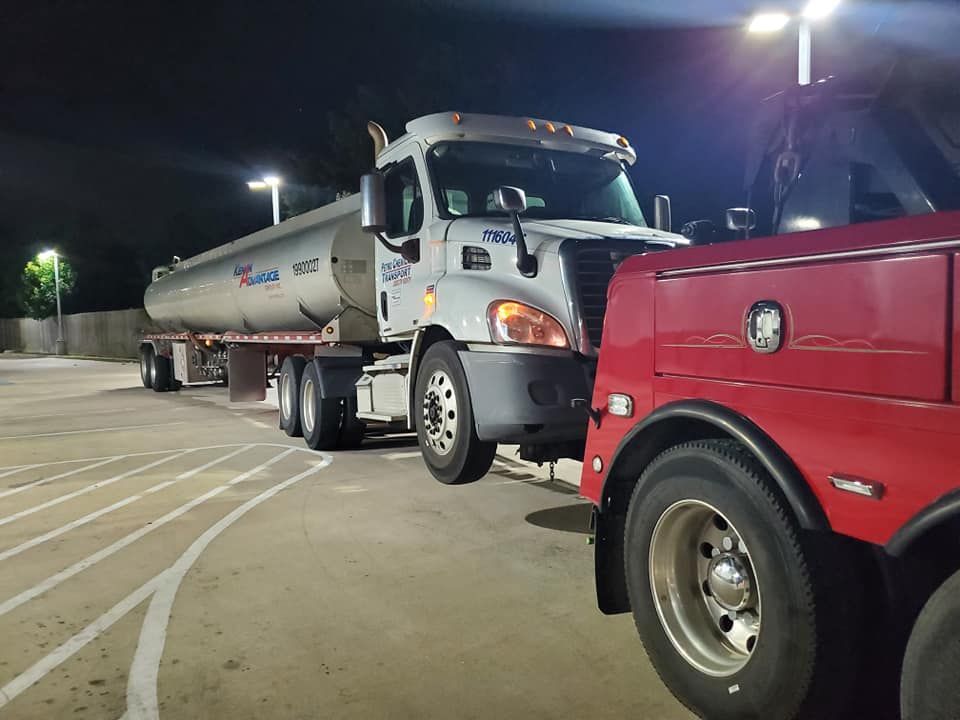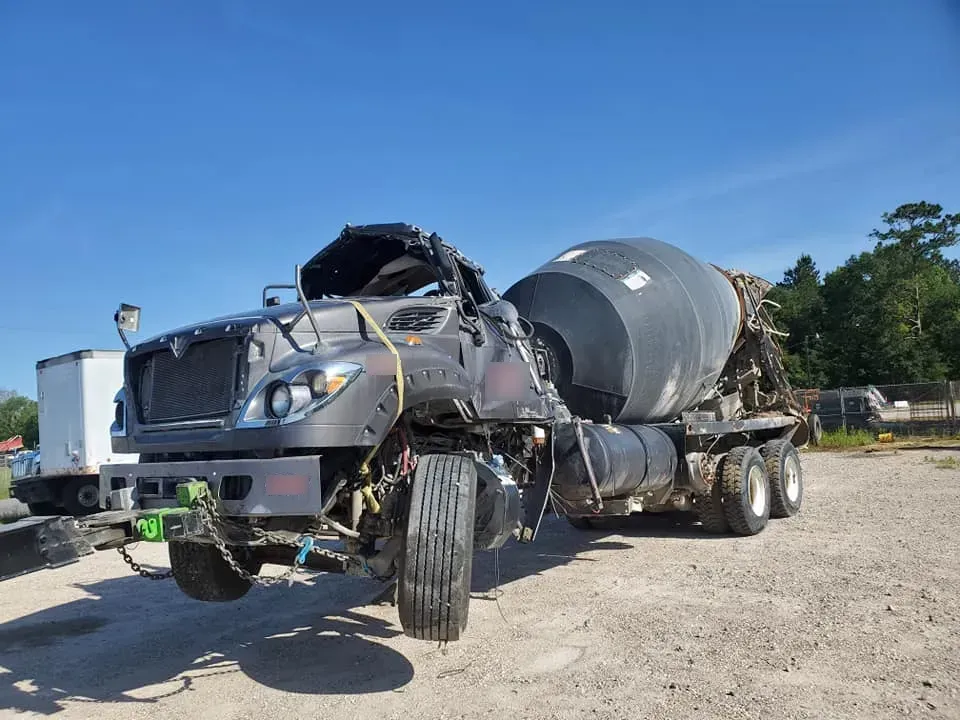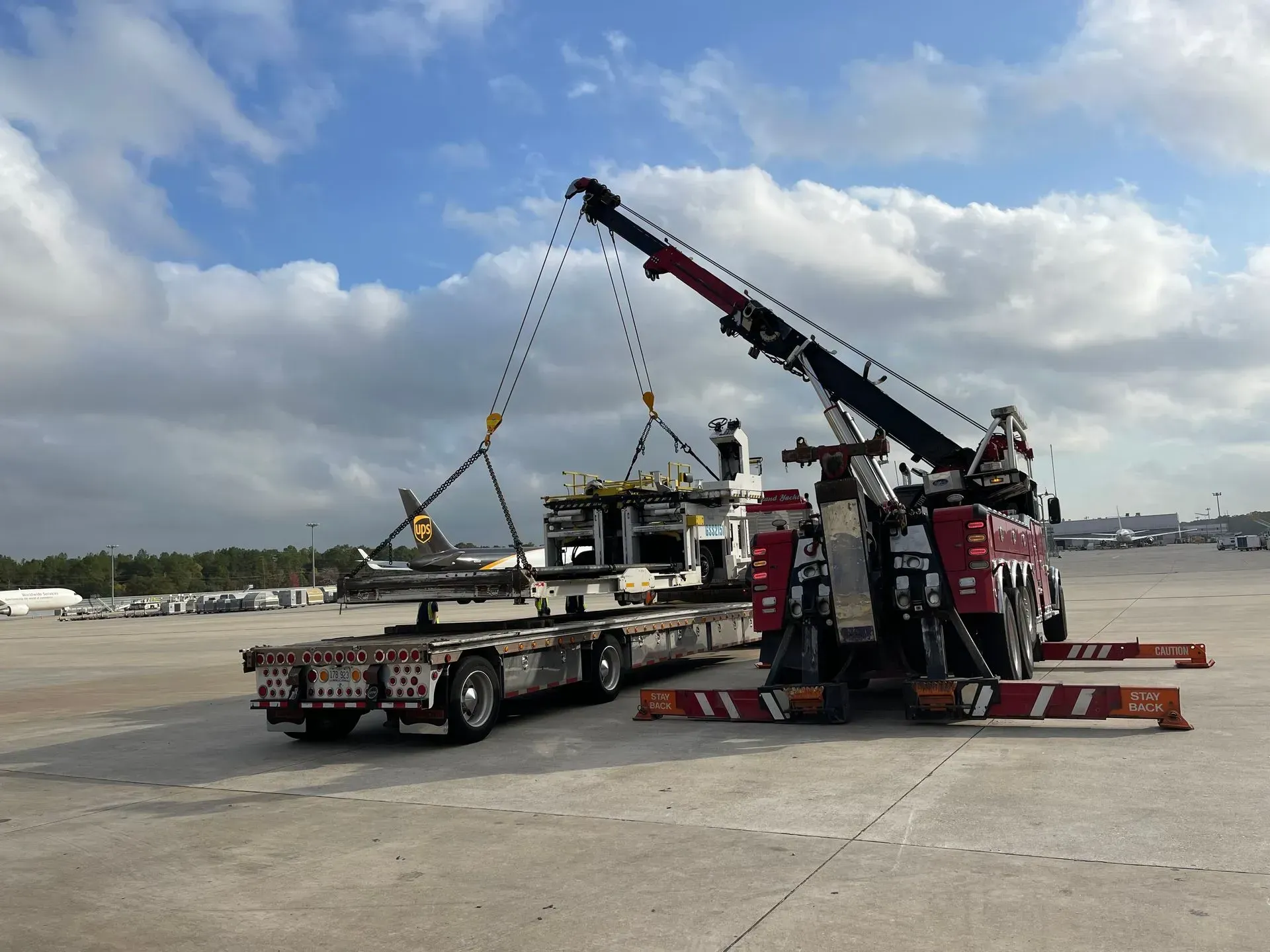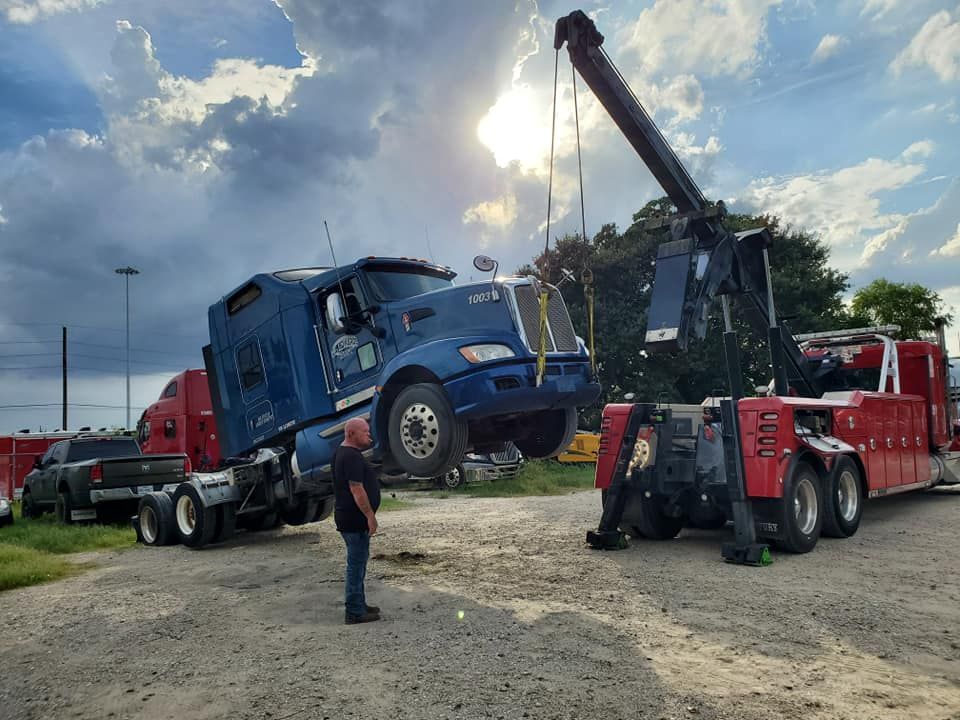A Complete Guide to 18-Wheeler and Tractor-Trailer Towing
When it comes to transporting massive freight loads across the country, 18-wheelers and tractor-trailers are the backbone of the logistics industry. But when these heavy vehicles break down, are involved in accidents, or get stuck on the road, standard towing simply won’t cut it. That’s where specialized 18-wheeler and tractor-trailer towing services come in.
These services are tailored specifically to manage the sheer size, weight, and complexity of commercial rigs. Unlike passenger vehicles, towing a tractor-trailer requires specialized equipment, advanced knowledge, and a high level of safety awareness. From emergency recoveries on busy highways to long-distance transport between facilities, this type of towing demands professionalism and precision. Understanding how it all works can help fleet managers, truckers, and logistics teams make informed decisions in times of need.
1. Equipment Designed for the Job
Towing a fully-loaded 18-wheeler or a tractor-trailer requires much more than a standard tow truck. Heavy-duty wreckers equipped with powerful winches, extended booms, and reinforced axles are necessary. These machines are engineered to handle upwards of 80,000 pounds of weight, ensuring safety for both the vehicle and the operator.
2. Skilled and Certified Operators
Operators involved in heavy-duty towing are trained to manage complex recoveries. From accident cleanups to jackknife recoveries and rollovers, experience and certifications are crucial. These professionals know how to assess risks, secure cargo, and avoid further damage to the vehicle or surrounding traffic.
3. Safety Protocols and Traffic Management
Safety is a top priority in towing operations. Towing companies implement advanced safety protocols, including the use of flares, cones, and traffic redirection techniques. In high-traffic areas or during hazardous weather, traffic management plays a vital role in preventing secondary accidents and ensuring a smooth recovery process.
4. On-Site Diagnostics and Minor Repairs
In some cases, the issue with the truck may not require towing. Many towing services offer on-site diagnostics and minor repairs. Whether it’s a flat tire, air brake malfunction, or battery issue, skilled technicians attempt to resolve the problem on the spot, minimizing downtime and cost.
5. Long-Distance and Scheduled Towing Options
Sometimes, a breakdown requires moving the rig to a specific location miles away. Reliable towing providers offer long-distance towing options and scheduled transportation for trucks that need to be relocated due to leasing agreements or resale transactions. This flexibility supports fleet managers and independent operators alike.
6. Emergency Availability
Breakdowns and accidents can happen at any time. That’s why 24/7 emergency towing services are critical. A responsive team can reach the scene promptly, whether it's day or night, rain or shine, helping to reduce wait times and prevent further complications.
Your Trusted Partner for Heavy-Duty Towing
When your 18-wheeler or tractor-trailer needs expert towing services, Redline Wrecker Service
in Cypress, TX stands ready with over 10
years of experience in the
heavy-duty towing industry. Our certified operators, advanced equipment, and commitment to safety ensure every job is handled with precision and care. Whether it’s a roadside emergency, long-distance haul, or accident recovery, we provide fast, professional, and reliable service you can count on. Trust us to get your rig back on the road—safely and efficiently.




